Dharamshala, 3rd February: As the Beijing Winter Olympics approaches, Japan’s parliament passed a resolution on the “severe human rights situation” in China, urging Prime Minister Fumio Kishida’s government to take action to alleviate the situation. Following a US-led diplomatic boycott over worries over China’s human rights situation, Japan has already indicated it will not send a government delegation to the Games, but Tokyo has avoided publicly labeling its decision as such.
Since assuming office in October, Kishida has stated numerous times that Japan will not mince words when dealing with China, and in November, he named former defense minister Gen Nakatani as his human rights assistant.
The international community has raised concern over issues like imprisonment and religious freedom violations in the Xinjiang Uyghur Autonomous Region, Tibet, and Hong Kong, according to the resolution passed by the lower chamber.
In December, US President Joe Biden approved legislation prohibiting imports from China’s Xinjiang area due to concerns about forced labor. Beijing’s handling of the Uyghur Muslim minority has been dubbed “genocide” by the United States. China denies human rights violations in Xinjiang, a key cotton producer that also produces a large portion of the world’s solar panel materials.
The resolution was requested by the conservative wing of the ruling Liberal Democratic Party (LDP) ahead of the commencement of the Beijing Winter Olympics on February 4, despite concerns in the government about a potential economic impact, according to the Jiji news agency.
Within the LDP, there have long been divergent viewpoints on how to handle China. The conservative side of the party is hawkish on China policy and is seen as primarily concerned with defense problems. Other party members have campaigned to keep Japan’s close economic ties with its neighbor intact.
The parliamentary resolution urged Japan’s government to collaborate with the international community to address the problem. In a likely acknowledgment to close bilateral economic relations, the resolution avoided using the word “China” anywhere in the text and avoided phrases like “human rights violation,” instead of using the phrase “human rights situation.”
China serves as a manufacturing powerhouse for Japan, as well as a market for everything from vehicles to construction equipment.

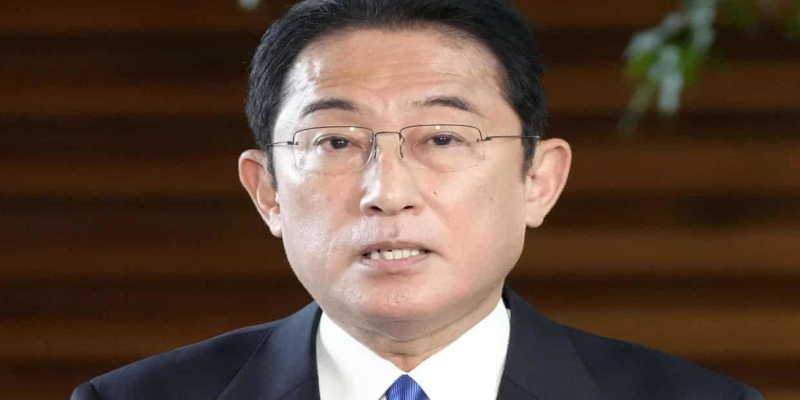
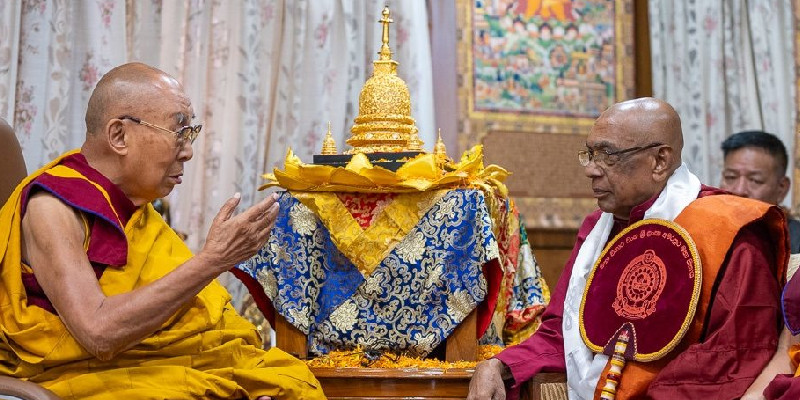
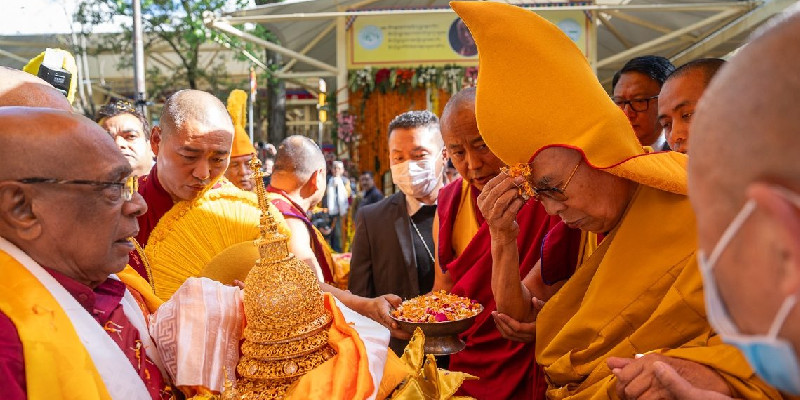
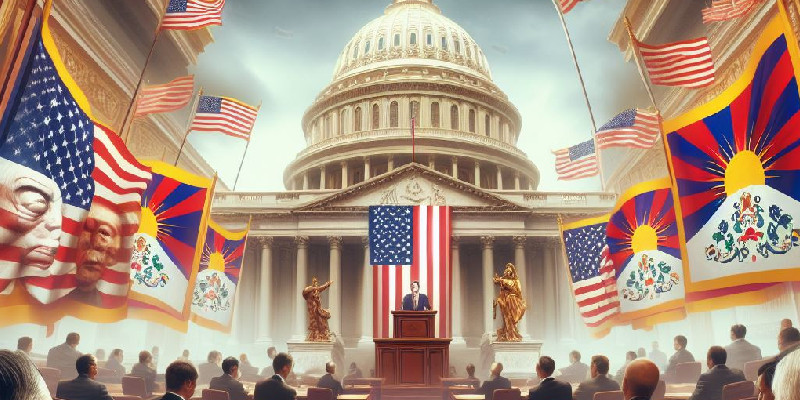

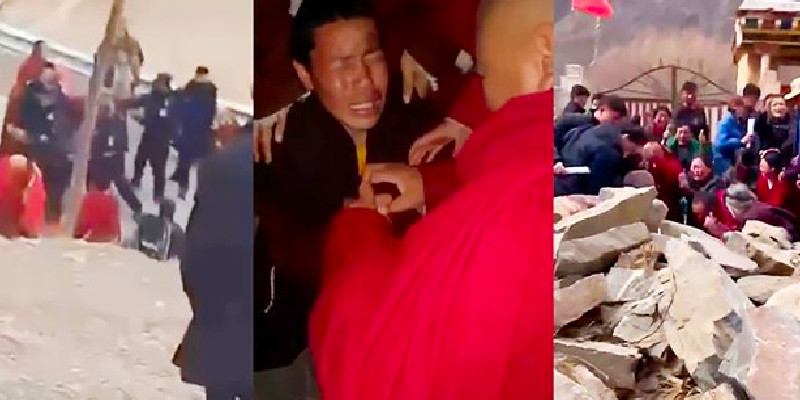
Leave a Reply